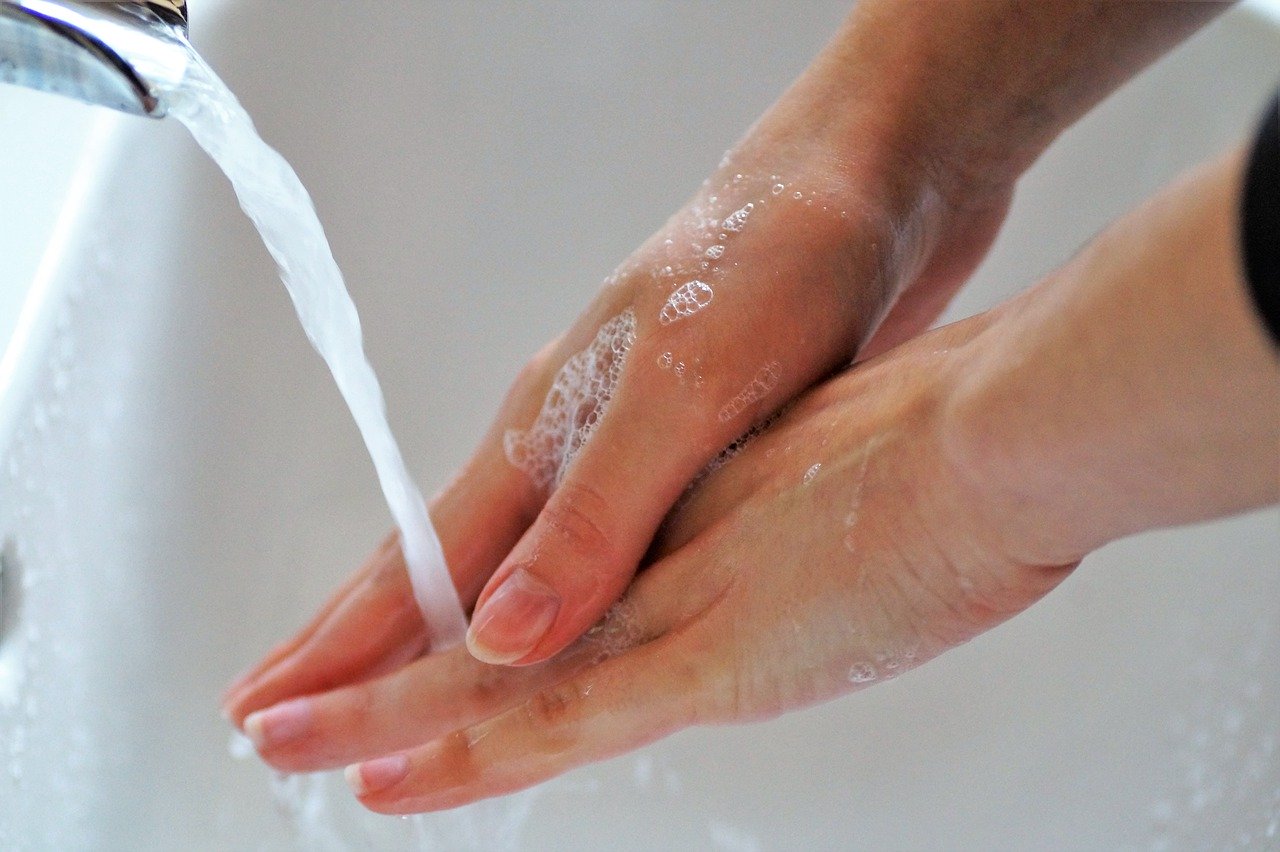
Are you looking after your gut health during the COVID-19 pandemic?
It’s hard to miss the devastating effects COVID-19 is having on people’s health, especially on their respiratory systems. But did you know your gut can feel the negative effects of this virus too?
What is the gut?
Often people think of their gut as just the stomach and intestines, however the gut is so much more. It is the entire gastrointestinal tract from start to end. On average this entire tract stretches out to around nine metres and includes the oesophagus and stomach as well as the small and large intestines.
You may claim to have an iron gut capable of handling anything you throw into it. Or maybe your gut is more on the sensitive side. But one thing all guts’ have in common is that they are home to trillions of microbes, commonly known as the microbiome.
The make up of our gut microbiome is affected in a positive and negative way by a wide range of environmental and lifestyle factors. Whether we live in the city or in the country; if we live with a pet; our physical activity levels; dietary habits; medications as well as hygiene practices can all alter the composition of our microbiome.
What’s my gut health got to do with COVID-19?

Over-using alcohol-based sanitisers can have a negative impact on your gut health during COVID-19
We’re glad you asked. Like most things in life there’s the good and the not so good. Let’s get the not so good out of the way first.
The COVID-19 pandemic has impacted our way of living such as working from home, limited physical contact with people, changes in our diet, changes in our exercise routines and increased hygiene practises. To some extent, these lifestyle changes can have an unfavourable effect on our gut microbiome.
Take for instance our rediscovered diligence with hand hygiene. We couldn’t be happier hand hygiene is cool again. But with the increased use of hand sanitisers to protect against spreading the virus, we are also putting our microbiome under some strain.
While we are not suggesting you stop using hand sanitiser, we do recommend prioritising washing your hands with soap and water whenever possible. And only using sanitiser when soap and water is not available. Not only does soap and water kill more germs than sanitiser, but it is also more friendly on your skin and your microbiome.
The gut: our first line of defence

Did you ever notice that Popeye never got sick? That’s because he was feeding his gut microbiome by eating his greens.
Now onto the good. While our gut microbiome can feel the negative effects of our actions to fight off a virus, they can also be one of the key players in our defence team.
Our gut has a strong interaction with our immune system. 70–80 per cent of our immune cells live in our gut. When a virus, such as COVID-19 enters our body, the immune system is the body’s way to fight this invasion. In fact, recent research has shown the important role of the gut microbiome in the development of the immune system as well as the response against infections.
Who doesn’t want a strong defence line?
Our gut microbe loves to be fed. The best way to provide nutrients to the beneficial bacteria in our gut is by feeding it the food they live on. The Mediterranean diet is a great example of a gut friendly diet. This is because it contains plenty of vegetables and fruits, whole grains and seeds, legumes and pulses, nuts, healthy fats such as olive oil, fish and lean meat. It also provides a wide range of dietary fibre beneficial microbes feed on.
Now for the not so nice news. Your good gut bacteria don’t really like foods containing sugar and high salt; sugary drinks; artificial sweeteners; and alcohol. So it would be best to limit or avoid these types of foods.
To further boost your immune system, natural probiotics (live microbe) containing food can be consumed. So, load up on dairy products like yoghurt and cheese; fermented vegetables (think sauerkraut and kimchi) and salt-brined fermented vegetables.
So instead of stock piling toilet paper when you next visit the shops, make sure there is plenty of different coloured fresh fruits and vegetables in your trolley. There is no issue with supply as Australian farmers grow more fresh produce than Australians consume. If storage or produce longevity is a concern, consider frozen or canned vegetables and fruits which are just as nutritious.
For the non-foodie folk
Never fear we have some tips for you if you had to Google what kimchi was.
Nature is the greatest source of the bacteria that helps develop immune system in children. So, get out camping or hiking (if your state restrictions allow), play with your pets and get your hands dirty in your own backyard. We suggest planting some homegrown gut friendly fruit and vegetables of your own.


21st May 2020 at 8:45 am
So what is the mechanism by which hand sanitiser negatively affects the gut and microbiome? This was not explained. Unless you are licking your fingers and ingesting large quantities of isopropyl alcohol or ethanol. I can’t imagine much getting through the epidermis and getting into the blood stream.
19th August 2021 at 9:43 am
there are good bacteria on your skin as well as your gut, it does not necessarily have to get to your gut to negatively affect you,
19th May 2020 at 9:00 pm
Time to replace the cans of softdrink in the machines with no or low sugar drinks, to ones that even contain some dietary fibre like barley drinks, with the barley left in, right through to hot red bean soup in winter.
Generations of Japanese kids were brought up drinking mugicha (a slightly bitter roast barley tea, which contains no sugar, usually served cold) as a refreshing summer drink.
19th May 2020 at 5:57 pm
Yes the issue is similar to the herb of living a disease free life
19th May 2020 at 11:52 am
A bit worried about the limitations on grog.
19th May 2020 at 10:27 am
Thats good afvice on hand sanitisers. Thanks.